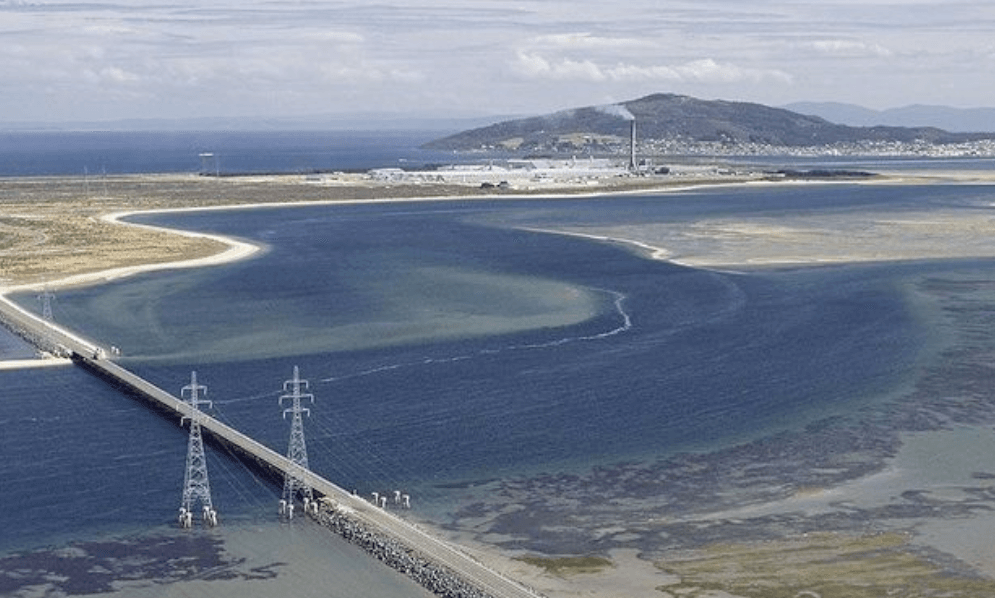Leading New Zealand energy companies Meridian Energy and Contact Energy are co‐funding a $2 million feasibility study to investigate the potential of a large scale, renewable hydrogen production facility in the lower Southland.
Contact CEO Mike Fuge said the hydrogen production, export and dry year reserve study will be undertaken after unprecedented international interest has emerged. “There is substantial interest from parties seeking to take advantage of New Zealand’s renewable energy opportunity following the announced closure of the Tiwai Point aluminium smelter.”
Drawing on expertise from New Zealand and around the world, the study will investigate the export potential, value chain, policy approaches, technical requirements, environmental considerations and practical issues of green hydrogen production. It will also examine the potential dry year reserve opportunity.
“We are delighted to hear about plans to investigate a renewable hydrogen production facility in Southland and look forward to being part of a project that could lead towards fuel independence for New Zealand, and decarbonising our economy.”
“Great South were founding members of the NZ Hydrogen Association and our GM Strategic Projects Steve Canny is the current association chair, so we’ve been actively interested in this opportunity for Southland for a long time.
“We’re delighted to see positive outcomes from the government’s Green Hydrogen Strategy being played out in industry and Great South will be very pleased to support this investigation and assist in the delivery of new opportunities for Southland.”
Meridian CEO Neal Barclay said hydrogen could give New Zealand a superior, low‐cost alternative for balancing supply and demand in dry years. “It could provide a large amount of New Zealand’s dry year reserve at a fraction of the cost of building new power stations. Having a large amount of demand with the flexibility to turn it down or turn off during a dry year could add a huge benefit to New Zealand in managing the security of our energy supply.
“In addition, when it comes to green hydrogen exports, Aotearoa would have a real competitive advantage. A major hydrogen plant in Southland could ensure the region’s next big industry is renewable energy in the form of green hydrogen, and a large‐scale local plant also opens decarbonisation possibilities for domestic hydrogen‐powered industries such as heavy transport. We’re looking forward to working together with Great South and the local councils on this opportunity.”
Mr Fuge said there was the potential for a new clean, green hydrogen industry to replace the outgoing aluminium industry. “We suspect there are some fantastic economic and decarbonisation benefits to unlock for Southland and New Zealand, not only on the export front but also in providing a foundational investment for domestic hydrogen opportunities too.”
The feasibility study is expected to be completed in the second half of 2021.

